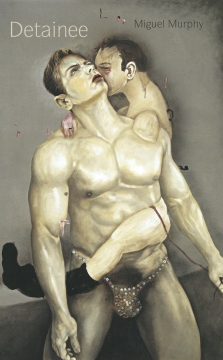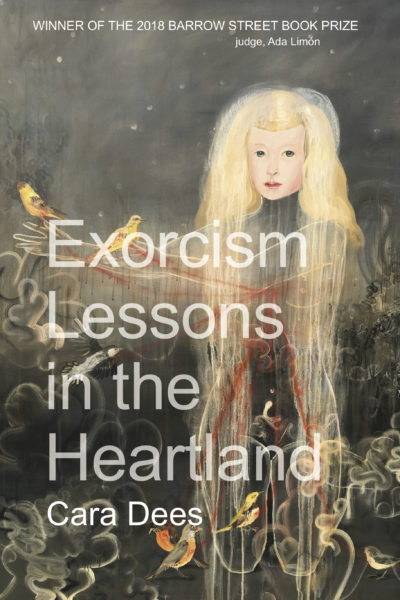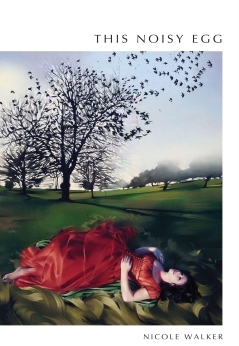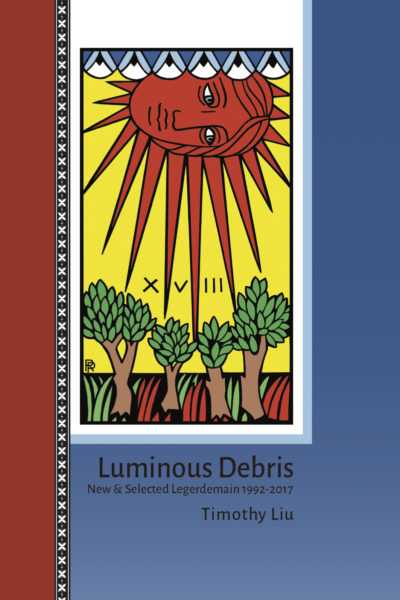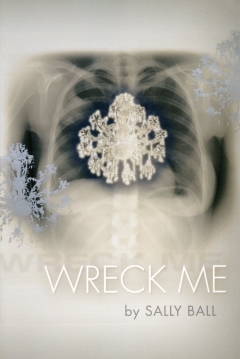Description
The dark eroticism that inhabits Miguel Murphy’s Detainee becomes eerily familiar as each startling poem explores the urges, the instincts, and the passions that bare their teeth—”what is love without arrows?” Human nature’s private hues are visceral and violent, sensual and predatory, and Murphy’s provocative verse dares to imagine them undisguised, as if to tell us, “You don’t even know/ the beast who you are.”
—Rigoberto González
In Detainee, the body is a deeply unsafe space. Like Sade, Murphy teases out the theater, politics, pain, and, yes, erotics of cruelty, forcing us to recognize that love, at root, is a dirty game, where shame, perversion, and disgust are not vices to be hidden but overcome. In Detainee, our private desires mirror the anxieties of our public world: war, immigration, torture, and political persecution seep into our imagination of the human body, turning us all—figuratively and sometimes even literally—into brutal (and brutalized) animals. And yet it is only through such brutality, Murphy’s poems suggest, that personal freedom can become a reality, in that pain and sexual desire intertwine to change our definition of the self, reexamining the role of love in a world where “[t]he body wants to/ be changed, scoured, stripped, turned in-/side out with pleasure.” We believe that pain must have limits, but Murphy shows us that, when it comes to desire, and our need to be finally ourselves, there is none.
—Paisley Rekdal
“We’re leather first. We’re blood. The hot/stars & seas don’t care” Tweet
“These are the nights/the blood inside you matters.” Tweet
Detainee
You haven’t yet been held
your nose forced down
like the dog that couldn’t
hold it. The prisoner
forced into his own
foul light—
To eat of it, to taste
bitterness itself—perhaps began with the dashed
skull of the first child fallen
accidentally from the breast,
to eat of its brains, the pudding
of its eyes, of even
its shit, when nothing’s left.
The madness of grief when all you have is
the mess of the body.
How it burned, how it hurt,
the dark horn of it. The sacrilege
of the bowels pure. Like this crime
the young soldier is forcing
into the red dirt—and the prisoner,
we force him to eat it.
